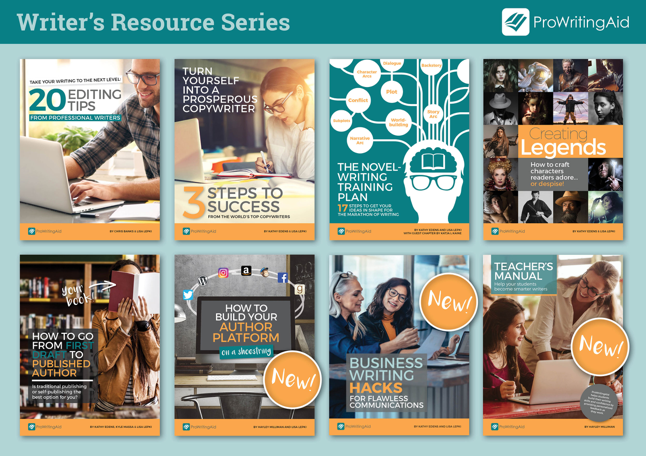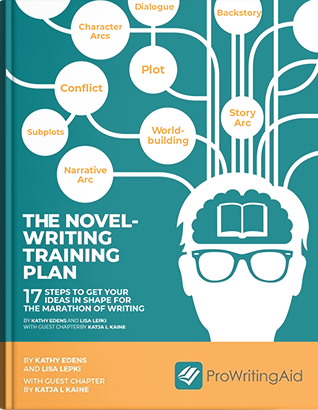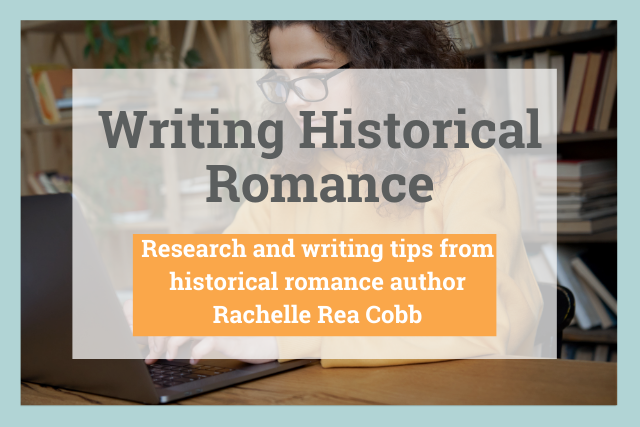
Rachelle Rea Cobb is an editor and historical romance author of six books: the Steadfast Love series, Letters from Home, Write Well, and the brand new Follow the Dawn. Her novels are set in the 16th century during the Dutch Revolution.
I was fortunate that Rachelle took some time out of her busy schedule to answer my questions about researching in preparation to write historical romance.
The Interview
MC: Your latest novel, Follow the Dawn, takes place during the Dutch Revolution in the 1500s. Your Steadfast Love series is also set in Europe during this time period. What attracted you to this time in history?
RRC: The fashion! Just kidding. Although the clothing of this time period is fascinating. But I have always been enamored with this time period because of all that was going on in history. Political intrigue. Religious upheaval. And the fight for freedom. There’s no end of story ideas within this century! I’m blessed to have been able to write about this time period.
MC: What is your research process like? For example, do you do all your research then write, or write then research when you need specific details, or something else?
RRC: I start to write and then research as I go. Story comes first for me (and characters before that!). But because I grew up loving to read biographies and history books, I suppose you could say I spent years researching—I just didn’t know I was researching! I thought I was doing schoolwork and reading for fun.
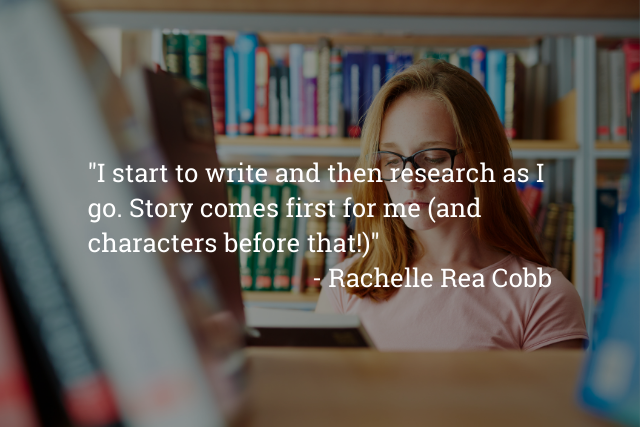
MC: Do you think having several novels set during the same time period is helpful or did you do just as much research for each book?
RRC: After having written the first two books, I definitely had a leg up on research as I set out to write Book Three. And Follow the Dawn required the least historical research because I was fully immersed in the culture, societal standards, religious status of the day, and fashion (ahem). So yes, it’s beneficial to stick to a time period rather than bouncing around—but, where story calls, a writer must go!
MC: I love how your books use words from the time period, such as "mayhap." How did you discover this?
RRC: I don’t remember where I first heard the word "mayhap," specifically, though I wish I did because it has crept into everyday use for me, synonymous with "maybe"! I love words (you’re shocked, I’m sure), so I’ve always devoured word-of-the-day apps and email lists. My dad and I even had a "dictionary game" when I was growing up that was little more than his quizzing me on definitions but oh so fun to me! But to fully understand the language my characters use, I read many books set in a similar time period (not hard, since I love this time period so much!) and took note of words to use in my own.
Like Rachelle, you’ll want to make sure you’re using the right words. ProWritingAid’s Word Explorer feature is your go-to when you need to break through writer’s block.
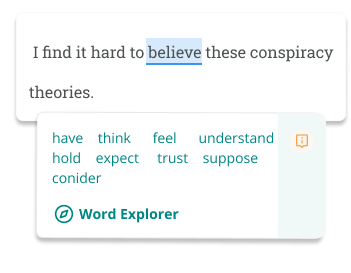
MC: How do you keep track of your research notes (binder, computer, online, etc.) and do you flag certain details to include in your story?
RRC: I kept track of research notes on my computer in a Word doc but compiled notes through loose leaf notebook pages, post-its, even the backs of receipts. Eventually the Word doc kept it all in one place, and I would slowly integrate the facts and dates and things I learned into my manuscript.
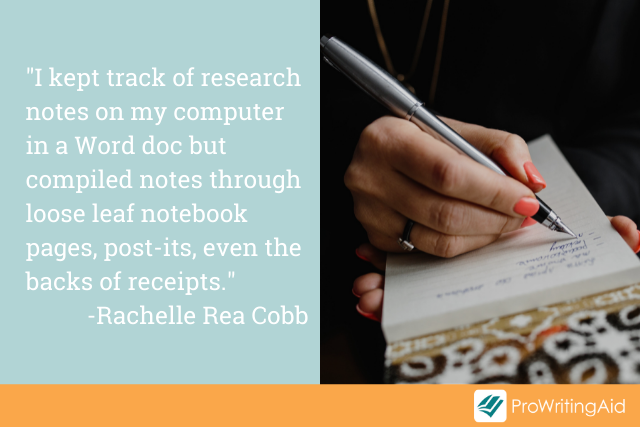
MC: Has your research process changed from your first novel to your fifth? If so, in what way?
RRC: Like I mentioned above, I’ve benefited from the research I’ve done in the past so that I had a good foundation coming into the writing of Follow the Dawn. I imagine if ever I ventured out of this specific time period (which I’m sure will happen someday!), I’ll start back at the drawing board and love starting the process all over again.
MC: What details do you think stand out to readers if historical fiction authors get them wrong?
RRC: Historical facts often are flagged by well-read or history buff readers. It always makes me wince in a book when I read a detail I know is wrong. I try to give those authors grace, though, because everyone makes mistakes.
MC: Do you have a favorite source for research? (The library, online archives, history professors, etc.)
RRC: I actually prefer to do most of my research from my computer, scouring the Internet to discover what I need! I’ll watch YouTube videos (professors and universities sometimes upload lectures or portions of lectures) and read articles (beware: these can be dry, but oh the gems!). I always try to source something from several places, though, rather than taking one person’s word for it.
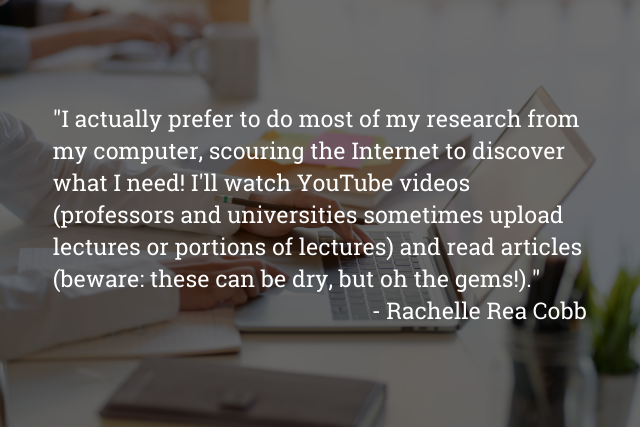
MC: What words of encouragement do you have for writers who may be tackling historical romance for the first time?
RRC: Go for it! It’s such a rewarding genre to break into as an author. Not only do you tell a love story that entertains your reader, but you enlighten them about a period in history they may have never interacted with before! I can’t count the number of times readers have mentioned to me that they either don’t like history but they learned a bit about it from my book(s), or that they had never heard some of the historical facts (e.g. the Iconoclastic Fury, or that glasses existed back then) included in my book and loved those little details, which I was privileged to include because someone first shared them with me! It’s very fulfilling.
Get Writing Historical Romance Now!
Thanks, Rachelle, for taking time out of your day to share these valuable tips!
Whether you’re thinking about writing a Viking romance or a story taking place during the Civil War, getting your historical facts straight is key. You’ll lose readers if you don’t.
If research feels overwhelming, just start writing. You can always research as you go like Rachelle. Hiring an editor who does fact-checking is also an option of that’s more your style. Most importantly, have fun with it and pick a time period that interests you. Happy writing!
How ProWritingAid Can Help Your Writing Process
If you’re looking to personalize your editing software to your process, ProWritingAid offers the most customizable functionality. It goes way beyond checking your grammar and provides you with in-tool suggestions on how to improve your writing.
Another thing writers need is community. ProWritingAid is dedicated to ensuring that you feel as supported as possible throughout your writing journey.
Be sure to check out our Writers’ Resource Library and this feature on how fellow writers are using ProWritingAid to improve their writing and editing experience.
